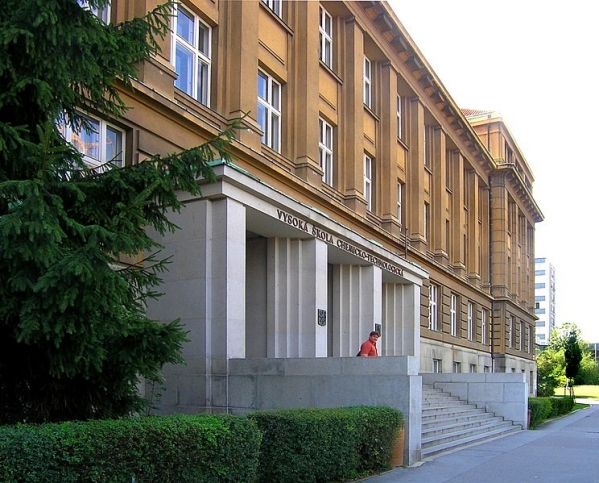https://www.vscht.cz
Founded
1952Description
The University of Chemistry and Technology (UCT), Prague, is a public higher education university and one of Central Europe’s leading chemistry research universities.
UCT was officially established in 1952, although its origins date back to 1807 when the inaugural course in chemistry was delivered at the then ‘Prague Polytechnic’ as a response to the rapid industrialisation taking place in the 18th century.
Over the years, the university has been home to a host of recognisable names, including the inventor of soft contact lenses, Professor Otto Wichterle, and winner of the 1975 Nobel Prize for Chemistry, Vladimír Prelog.
Today, UCT is one of 28 public and state universities in the Czech Republic, a family of institutions that includes EUA (the European University Association), FEANI (the European Federation of National Engineering Associations) and IGIP (International Society for Engineering Pedagogy).
UCT is renowned for pioneering research and comprises four faculties: Chemical Technology, Environmental Technology, Food and Biochemical Technology, and Chemical Engineering.
In keeping with its polytechnic roots, UCT emphasises hands-on, practical training and students spend a significant amount of time on laboratory assignments, led by professors. The faculty-to-student ratio at UCT is very small.
In terms of location, students of UCT benefit from studying within Prague itself: a historical city and major tourist destination benefitting from Baroque architecture and bursting with culture. The neighbouring countries of Poland, Austria, Germany and Slovakia are also within easy reach.
UCT prides itself on its international outlook and has partnerships in place with more than 100 universities and institutions worldwide. It’s also the most active Czech university participant in the Erasmus+ student exchange programme.
Specific details
Location
Technická 5, Prague , 166 28, Prague, Czech Republic


